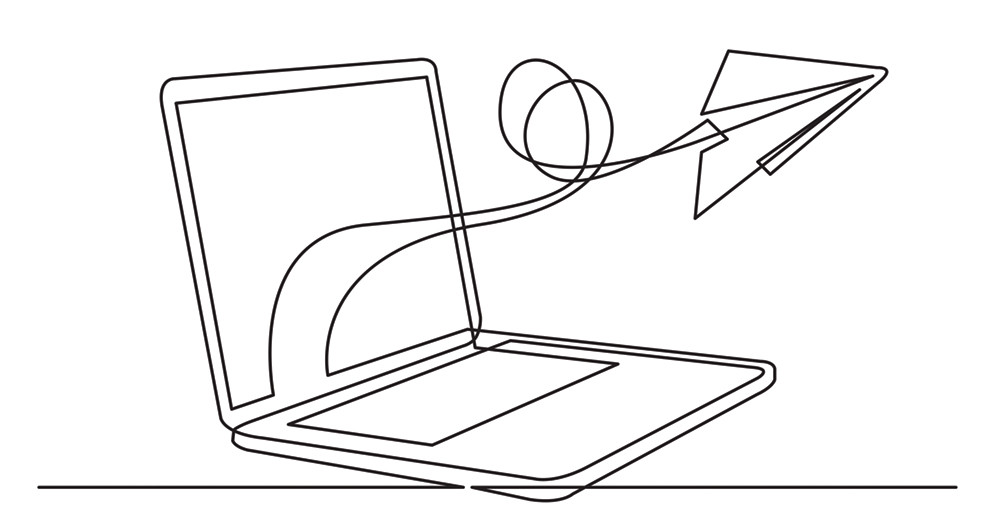
Supporting Nepal’s promising urban founders
The government of Nepal recently announced removing any minimum investment thresholds for foreign direct investment (FDI) into Nepali companies in the information and communications technology (ICT) sector - simply put this means that a foreigner can invest a small amount to acquire shares in a Nepali company, granted the company is building IT products. Previously this threshold was Rs two crores or roughly USD 150,000. What does this mean for Nepali founders? Now, there’s a window of opportunity for Nepali tech startups to grow with foreign investment; a resource that had been largely inaccessible until now.
Nepali startups and founders have been pining for this type of change for quite a while and now some of them will have access to modest FDI in order to grow. However, even reaching this stage to be able to entertain FDI is no easy task for founders. The Nepali startup journey is riddled with difficulties; excessive administrative hurdles, lack of access to startup financing and funding, and haphazard policies that hurt small and growing enterprises. A lot of founders struggle to find the right composition of individual determination and institutional support to grow their ventures. However, there are some entities, such as Utopia, assisting and enabling founders in setting up a viable venture.
Utopia’s cohort of urban entrepreneurs
Back in early 2022, when seemingly everyone was being infected by the omicron variant in Kathmandu, Utopia sent out a call for applications for their first in-person venture building cohort K02. Over 50 people applied. Utopia’s venture studio model is based on the principle that if talented people are provided the resources to develop their ideas, they can build great companies. They found six prospects. Five out of six were women; a notable achievement.
Over the next three months, their cohort explored urban problem areas, conducted hours of user research, came up with solutions, built prototypes, and tested them with people. Their model is heavily influenced by human centered design or HCD. The cohort camaraderie was strong. The entrepreneurs-in-residence or EIRs as they call them came from different academic and professional backgrounds but were a tight-knit group. It’s noteworthy how much the EIRs supported each other’s venture ideas even though they were directly competing with one another. The EIRs regularly received individual support from Utopia’s experts-in-residence (XIRs) based in Nepal and abroad on developing their urbantech solutions.
Finally, the teams pitched their startup ideas after three months to a seasoned committee of internal and external venture building professionals. The goal was to progress to the next chapter and seize an opportunity to actually build that company with Utopia. In reality any of those pitches could have progressed but Utopia, limited in funds and time, selected one.
Why is the venture studio model effective?
At the Kathmandu CITYLAB, Utopia invites talented individuals (no need to have a business idea) to apply to their urbantech cohorts. After lengthy screening, they select the grittiest, promising, and collaborative prospects (cannot have an existing registered company to apply).
The company offers a physical space to founders to build prototypes, attend masterclasses, earn seed funding, and access a global network of experts. For many, these inputs are the difference between a failing startup and a successful one. In fact, a study of 23 leading venture studios found that of the 415 companies venture studios have created globally, 91% have succeeded. Utopia is invested in the resulting startup’s long-term future.
They work with cofounders for up to two years and make three commitments:
1. Launch an urbantech startup in 100 days
2. Secure first 1000 customers together
3. Aim to help scale to other cities in the region
In a nascent startup ecosystem such as Kathmandu, Utopia is one of the first venture builders introducing the venture studio model and definitely the first one to work on urbantech.
What’s coming up in the startup horizon?
There are exciting changes coming up in the Nepal startup ecosystem. Recently a number of investment funds have attained their licenses to invest in Nepali companies. Traditionally, startups would only have access to debt-based financing - an avenue that does not make sense for many startups since they do not have any collateral they can offer besides their own equity, which is considered too risky by most commercial banks.
Similarly, some of these funds are targeted at women-led enterprises exclusively, improving access to finance for female founders and companies catering to women. The ICT sector is potentially about to grow even further with the FDI threshold removal so, it’s a good time to be a tech founder in Nepal.
Moreover, Nepal’s large development sector that includes INGOs, development agencies, foreign state departments, and embassies are starting to or have already transitioned to private-sector growth programmes; these typically focus on strengthening small and medium enterprises (SMEs) with technical support and grants.
However, early-stage startups still need more support to grow enough to access FDI funding and a significant portion of this support ought to be taken up by Nepal’s development partners who can assist in de-risking startup financing. Nepali investors are slowly coming online to help founders grow, but the investors can’t take up all of the risk. They need to be supported by organisations whose mandate it is to provide developmental support, so that founders can eventually access funds from investors. Startups need to be groomed to pitch correctly, get their compliance in order, know their users and customers. Utopia makes this process easier for development partners to build programmes that directly embolden founders in building companies that directly benefit the country.


